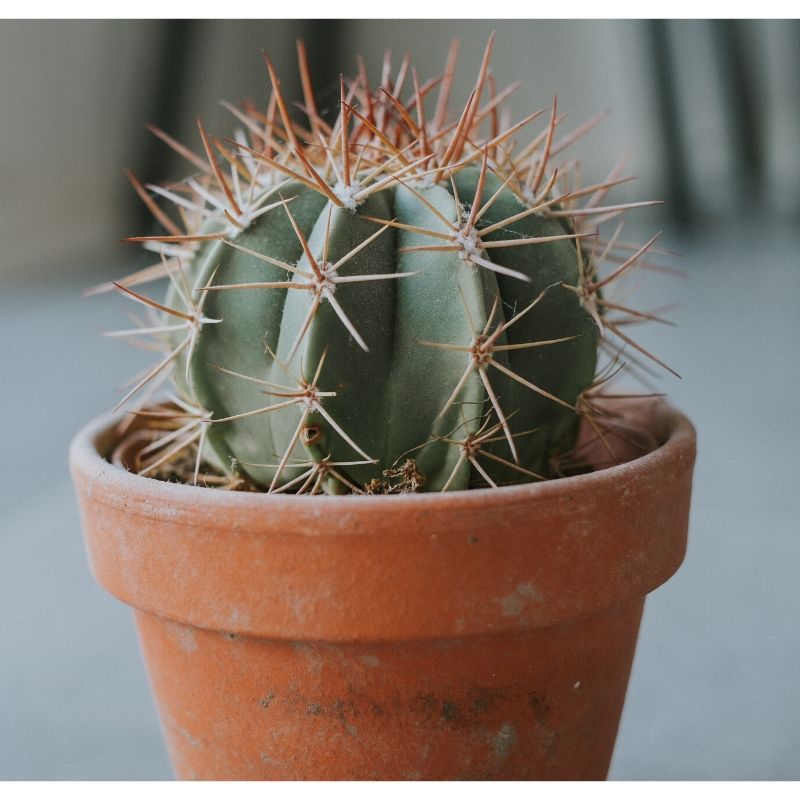
If you’ve followed us for a while, you will know that, as a charity, we pride ourselves on facilitating communication and connection between disabled people and their non-disabled peers, through our disability awareness training, talks at conferences and helpful resource creation. As disabled people ourselves, we are fully aware that those who have little to no experience around areas of access and inclusion, or any disabled relatives or friends, don’t always get it right (and, sometimes, get it very, very wrong). We’ve been shamed for using accessible bathrooms because we don’t ‘look’ physically disabled, patronised by people who have spoken to our parents or partners as they just assume that we are unable to contribute to a conversation ourselves, and we’ve even had to leave dates with very hot men on them because, quite frankly, regardless of how beautiful they were, they weren’t up to scratch when it came to empathy and awareness.
But, you know what? These more negative events are genuinely a drop in the ocean compared to the warmth and welcoming attitude of many we experience on a daily basis. It’s not unusual for members of the public to be helpful and supportive when needed. Just last week, a stranger got off the tube and waited for the next one to ensure that one of our colleagues was able to get herself and her bags onto the platform with ease. Those we have trained have gone out of their way to contact us and let us know what a positive difference our training has made to how they are performing in their roles and, as well as hot but uneducated and absolutely-not-right dates, we’ve found partners who absolutely ‘get it’ and put those who don’t to shame.
As far as we’re concerned, it’s human nature to mess up and make mistakes sometimes, but good intentions are everything when considering what you say and do around others. That’s why we were saddened to read Spikes – and other ways disabled people combat unwanted touching.on the BBC website recently. It documents the experiences of several disabled people who have been touched without their consent by non-disabled members of the public, from bus drivers to fellow commuters, and gone to some pretty extreme lengths to discourage it, including placing spikes on the handles of their wheelchairs which, although not capable of puncturing the skin, are pretty clear in the vibe that they give off.
There’s been times when we’ve also wanted to use the #JustAskDontGrab hashtag: when taxi drivers have hauled us up dangerously steep ramps without our permission, for example. We really do understand the frustration and fear that unwanted, and unnecessary, attention can cause. But we also regularly hear the stories of disabled people who are craving understanding and interaction, and of non-disabled people who want to learn and be educated.
Where’s the middle line, or the happy medium? Isn’t it a shame that a wheelchair user needs spikes to feel safe but, at the same time, is shutting off the opportunity to educate people whose behaviour she desperately wants to change?
People don’t learn and alter their ways if they are never told that what they are doing, however well intentioned, could be done better. To spread kindness and understanding, shouldn’t we be displaying it ourselves?
Both literally and metaphorically, maybe we should soften our spikes a little too.
